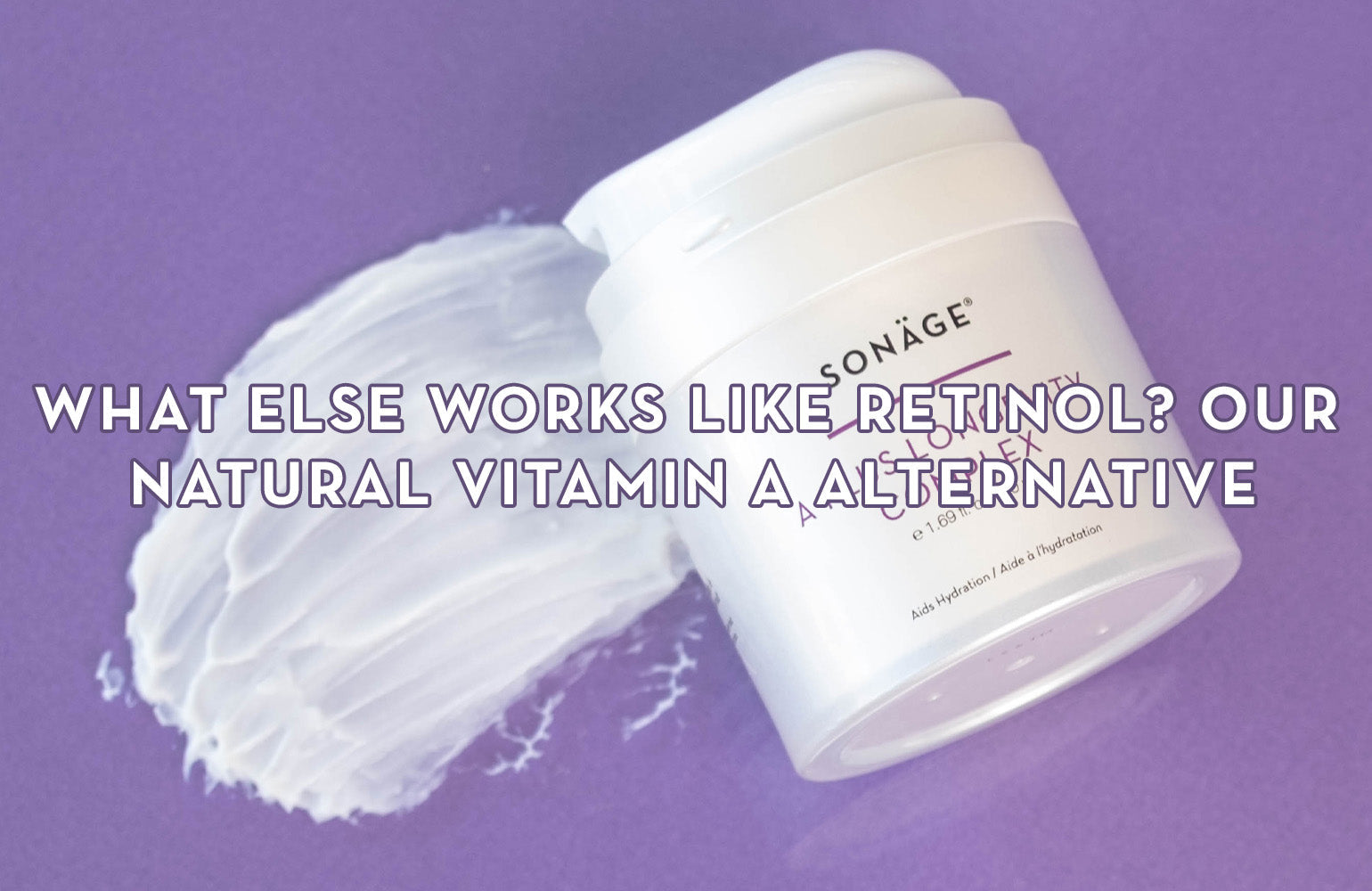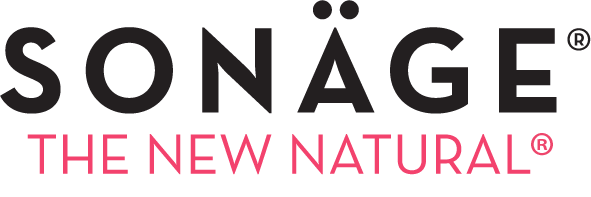
AT A GLANCE
-
WHAT IT IS
Retinol is a mild, chemical equivalent of Vitamin A which helps with anti-aging and exfoliation. -
WHAT IT DOES
Vitamin A is an important vitamin, but unfortunately our body cannot produce it. We turn to retinol to help with our Vitamin A malnourishment. There are bad side effects with using retinoid products. Luckily, there are great alternatives to retinol while giving you the same effect. -
HOLY GRAIL PRODUCTS
A Plus Longevity Complex
What Else Works Like Retinol? Our Natural Vitamin A Alternative
So, you’re looking to add Retinol to your skincare routine, huh? You’ve probably heard of its cult-favoritism in the beauty industry, but, before you can start using it, you decided you need to do some research on the plethora of products and information on Retinol, Retin-A, Vitamin A … Well, follow along, because you still have a lot to learn.
WHAT IS RETINOL?
Besides being one of the gold standards for treating common skin issues, Retinol is a mild, chemical derivative of Vitamin A. Vitamin A is crucial for our health, but our body can’t produce it, so the precursor to it, Retinol, was created. Retinol is now a cellular compound that can be used to protect our skin. It’s an anti-aging and exfoliating molecule that encourages cell turnover and collagen production.
THE BENEFITS OF RETINOL
Retinol is an anti-aging and exfoliating molecule. It increases the rate that your skin sheds damaged and pigmented skin. Retinoids inhibit the production of acne, dark spots, and sun damage, giving the complexion a more even tone. It also stimulates collagen production, helping to fill in and smooth fine lines or wrinkles.
THE DANGERS OF RETINOL
Retinoid creams are beneficial but they also come with some considerably harsh side effects. Due to this, Retinol is meant to be used once or twice a week in the evenings only and it’s not safe to use while pregnant or breastfeeding. Other downfalls include unwanted dryness, flaking, irritation, and redness. So, we have an effective treatment for improving the skin, but we can only use it once in a while and there’s a possibility it might cause birth defects or make our skin worse? Sounds pretty extreme, right? Thankfully, there are some promising alternatives to Retinol that are safer, gentler and all-natural.
OUR ALTERNATIVE
Enter A Plus Longevity Complex, an effective and safe option that won’t cause any irritation. Sonage’s skin care science has given us an extremely powerful and nutritive moisturizer to support and strengthen the skin and smooth out wrinkles. It contains Alpha Lipoic Acid, an antioxidant and enzyme that is even stronger than Vitamins C and E combined, which are known for their potency. It protects the skin from future damage and diminishes the signs of aging that are already there. It also contains Shea butter, which naturally contains Vitamin A, to improve skin texture, tone, and elasticity. All forms of Vitamin A break down in sunlight, so never use it in the morning – it becomes ineffective. Even if you wear a sunscreen it degrades significantly, so best to use it at night.

Read More:

